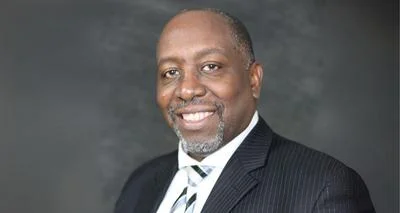A former Republican Illinois House candidate says change is needed to reduce people moving out of the state. | Adobe Stock
A former Republican Illinois House candidate says change is needed to reduce people moving out of the state. | Adobe Stock
Former Republican House hopeful Tom McCullagh has long seen Illinois’ struggles looming.
“Bad taxing, bad spending and bad management causes a mass exodus among people that are able to leave, and we have them all,” McCullagh told the Will County Gazette. “The state should bring back policy that allows homeowners to stay and prosper and erase all the handcuffs on businesses. We need to become more family and business-friendly to attract and retain more of our people.”
McCullagh feared anything short of that will lead to more of the same, pointing to how the state now stands as one of four to have lost population over the last decade. According to the latest U.S. Census Bureau data, Illinois has lost nearly 170,000 residents over that time, with at least 93 of the state’s 102 counties also showing a decline.

Tom McCullagh
| Courtesy Photo
The data reported that at least 10 counties have lost upward of 5,000 people over that time, topped by the Cook County area at approximately 49,000 residents.
McCullagh worried things might get worse before getting better.
“We have a 20-30 year fiscal hole to deal with,” he said. “On top of that, most Democrats still say we don’t have a spending problem, but a revenue issue. Half of solving a problem is admitting you have one, and we still aren’t there yet.”
When it comes to outmigration, downstate counties have particularly been hard hit, with the region having lost 144,000 residents or 3.2% of its 2010 population over the same time period. In addition, data shows the losses in Cook County represent the second-worst losses of residents in any county, with only Wayne County in Michigan losing more people.
McCullagh said a change in Springfield needs to happen.
“Without it, we will keep digging our hole even deeper,” he said. “Right now, we’ve got people talking about getting a federal bailout that will all go to pensions. We’re already spending $34 billion a year on that. What that says is even with a bailout in a couple [of] years we’ll be right back where we are.”






 Alerts Sign-up
Alerts Sign-up